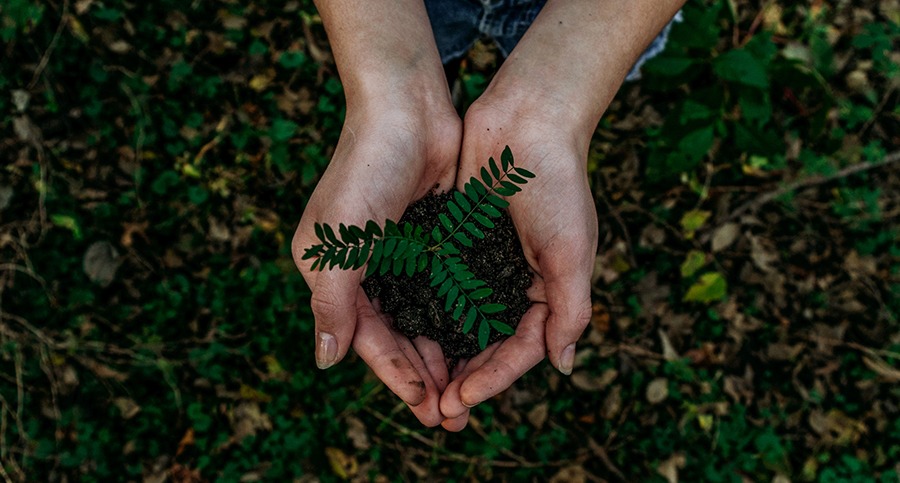
Source: MechaOwl on Pixabay
In August 2025, the United Nations’ Intergovernmental Negotiating Committee on Plastic Pollution will convene for the final time in Geneva, Switzerland. Bringing together representatives of 184 countries, the committee aims to develop an international legally binding instrument on plastic pollution. This session (INC-5.2) will be the sixth time the committee has convened, after negotiations stalled in November/December of 2024 during session INC-5.1, which was expected to be the final session. Session INC-5.2 aims to finalise and approve the text of the treaty so it can be forwarded for consideration, and hopefully adoption, at a future Diplomatic Conference of Plenipotentiaries.
What is the aim of the treaty?
The INC is tasked with the responsibility of creating an international, legally binding instrument on plastic pollution, which includes the marine environment, and is based on a comprehensive approach that addresses the full life cycle of plastic, including design, production, and disposal. The Chair of the INC, Luis Vayas Valdivieso of Ecuador, says that “This is a unique and historic opportunity for the international community to bridge differences and find common ground. It is not just a test of our diplomacy—it is a test of our collective responsibility to protect the environment, safeguard human health, enable sustainable economies, and stand in solidarity with those most affected by this plastic pollution crisis”.
Why is the Treaty NEcessary?
Plastic pollution is a global threat that recycling alone cannot overcome, with macro and microplastics now strewn worldwide throughout both natural and human-made environments, as well as within the bodies of living organisms, including ourselves. Katrin Schneeberger, Director of the Swiss Federal Office for the Environment, stated: “Today, we stand at a critical crossroads. Plastic waste is choking our lakes, harming wildlife, and threatening human health. This is more than just an environmental issue—it is a global challenge that demands urgent and collective action. Over the coming days, we have an opportunity to make a real difference—by negotiating an effective Plastics Treaty and identifying comprehensive solutions and measures that address the full life cycle of plastic”.
Some of the issues relating to plastics are:
- We produce more than 460 million tonnes of plastic each year.
- An estimated 20 million tonnes of plastic waste makes its way into the environment each year.
- Plastic pollution now affects all land, freshwater, and marine ecosystems, contributing to biodiverstiy loss and ecosystem destruction.
- The creation of plastics from fossils fuels contributes to climate change by releasing greenhouse gasses into the environment.
- A lot of plastic pollution comes from single-use products like bottles, lids, cigarettes, bags, cups, and straws.
- Plastic pollution degrades over time, becoming microplastics which are smaller than 5mm. Microplastics are now entering our bodies through tap water, beer, and salt, and have been found in human blood and placentas.
- Some of the chemicals used in the production of plastics are known to be carcinogenic, and can cause developmental, reproductive, neurological, and immune disorders.
- Such chemicals can be released into the air, soil, and water during the production and disposal of products.
- Plastic litter has negative impacts on economic and trade systems, and disproportionately effects low-income and indigenous communities.
- Plastic litter endangers wildlife, who ingest or become entangled in items, leading to starvation, suffocation, or injuries that leave them vulnerable.
To learn more about the INC and follow their progress, visit UNEP.org
To keep up to date with all matters on thrivability, subscribe to our Newsletter.
Addendum
After ten days of negotiations, INC-5.2 was adjourned on the 15th of August without reaching a consensus. The committee has agreed to continue negotiations at a future date, which is yet to be announced.
Inger Anderson, the Executive Director of the UNEP, stated that “This has been a hard-fought 10 days against the backdrop of geopolitical complexities, economic challenges, and multilateral strains. However, one thing remains clear: despite these complexities, all countries clearly want to remain at the table. While we did not land the treaty text we hoped for, we at UNEP will continue the work against plastic pollution – pollution that is in our groundwater, in our soil, in our rivers, in our oceans and yes, in our bodies” (UNEP, 2025).
To stay up-to-date with the news as the committee continues to work towards a resolution, you can read their press releases on the UN Environment Programme website.
Why trust us?
At THRIVE Project, we’re all about facts that matter—and a future that flourishes. Our team of researchers, writers, and thrivability experts dig deep into the science so you don’t have to. Everything we publish is based on credible sources, double-checked for accuracy, and written with one goal in mind: helping you make sense of the world and how to improve it. We’re independent, non-profit, and here to spark real change with knowledge you can count on. Find out more about our team.
– THRIVE Project























